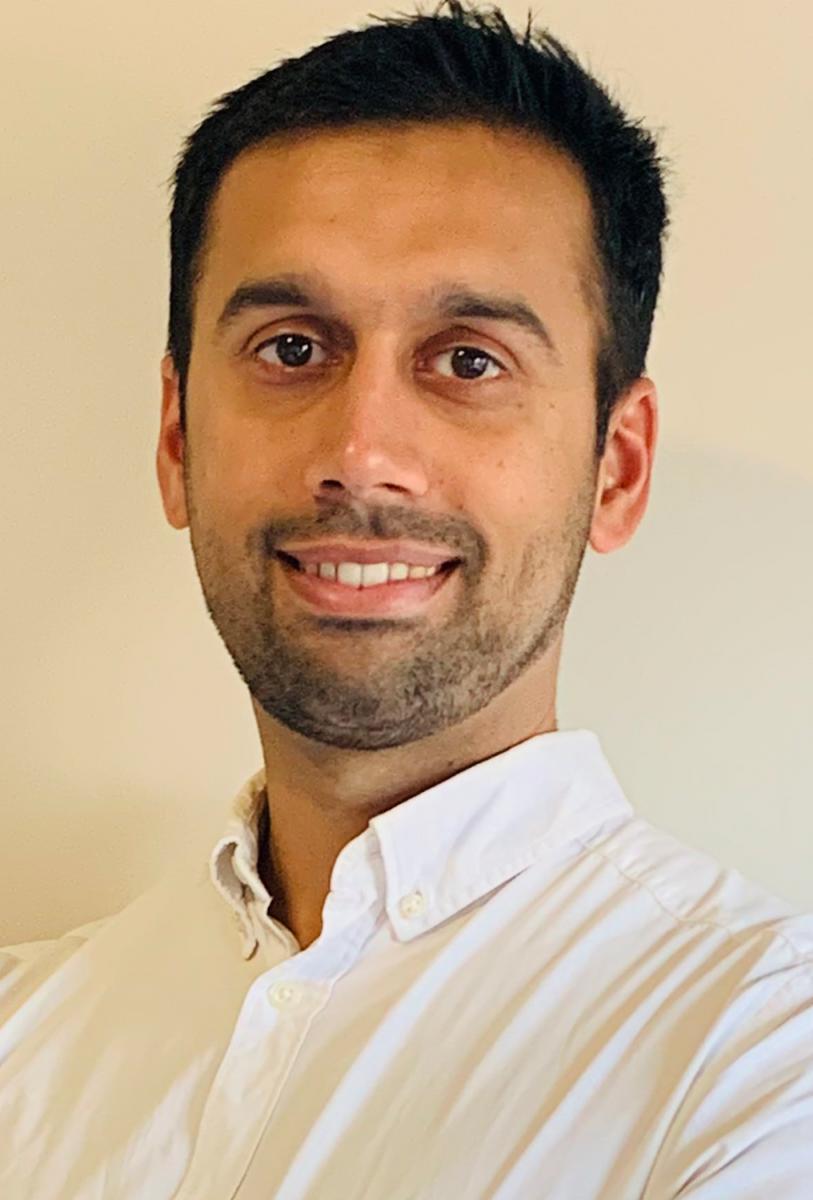Sport & Exercise Medicine Registrar Dr Hussain Khan has just returned from Pakistan where he supported the Australian Men’s Cricket Team on their recent tour.
Now that he’s back at the Clinic, we asked him to tell us a bit about the experience . . . .
How and when did you become involved with the Australian Cricket Team?
Australia’s tour to Pakistan was my first assignment with the National team. I have been involved with cricket for over 10 years and I have worked as a medical officer in the Big Bash League and with the Pakistan Cricket Board as a medical officer in the National Cricket Academy previously. I am also a co-author of the International Injury Surveillance Statement now used to collect injury/illness data in all International Cricket Council events.
What did you find most enjoyable about the tour?
This tour was special for me at so many levels. Firstly, this was the first time Australia was touring Pakistan after 24 years. All the players and staff involved in the tour knew how significant this series was and that made it extra special for all of us. None of the players had toured Pakistan before and they were experiencing a new culture, grounds, and conditions for the very first time. It was my first assignment with the national team, which at a personal level was a proud moment for me. Lastly, I was born and raised in Pakistan, before moving to Australia in 2012, so it was like going in a nice ‘circle’ for me. I also got to see my parents and family for the first time since the pandemic began, which made this tour even more memorable.
What do you find the most challenging?
There were multiple challenges during the series. Firstly, we had a COVID outbreak in our bio-secure bubble at the end of the test series. We had to bring in extra restrictions, including limited access to gym and social spaces like dining area, to limit the spread the virus. Bio-secure bubbles are extremely challenging for the mental health of the players, especially white ball players who have been moving from one bubble to another over the last 2 years. However, the response of all the players and staff was very professional, and we managed to field a strong side throughout the white ball series.
Another challenging aspect was accessing medical care such as imaging outside our bubble. Not only did we have to maintain the bio-secure conditions of our bubble, but we also had the extra challenge of extensive security detail provided to us by the Pakistan Cricket Board. However, everyone including the local hospitals, were very supportive in making sure we accessed these services with full security and an intact bio-secure bubble.
What were the sporting facilities, crowds, and conditions like?
The sporting facilities were excellent. We were looked after really well, not only in the grounds but also in the hotels, airports and at social events such as golf. Everyone went out of their way to accommodate us.
Despite the hot weather towards the end the series and the start of Ramadan (Holy month of fasting), we almost always had full stadiums, especially in the second half of the day when the temperatures cooled down a bit.
There was an amazing atmosphere at all our games. Stadiums were loud with a festive atmosphere every time. Crowds at all our games were supportive and appreciated quality cricket. There was a great atmosphere surrounding the whole series and good comradery between the two teams as well.
How does this differ from other sports you are involved in / athletes you have worked with?
This was the first time our national men’s team toured abroad for a full series since the start of the pandemic. A strict bio-secure bubble and dealing with limited access to medical services outside of our bubble was very different to what I am used to working in AFL and A-League in Melbourne. There were a lot of unknowns for the players who were touring Pakistan for the first time. However, the whole group including players and staff were very resilient and professional, and managed the challenges in a very collaborative and supportive manner.
How do you feel this experience will help you in treating your patients at Alphington Sports Medicine Clinic?
Cricket is the most popular social sport in Australia now, with the highest number of participants in age group competitions and club cricket compared to any other sporting code for both men and women. We are seeing a lot more cricket injuries at the Clinic, especially in the younger age groups. Common injuries include, lower back stress fractures, soft tissue strains like hamstring injuries and overuse shoulder injuries. With my experience of managing elite cricketers, I feel I can help our patients manage these injuries better and return to pre-injury level in a safe manner.
For more information about Dr Hussain Khan go to: https://www.alphingtonsportsmed.com.au/practitioners#dr-hussain-khan



